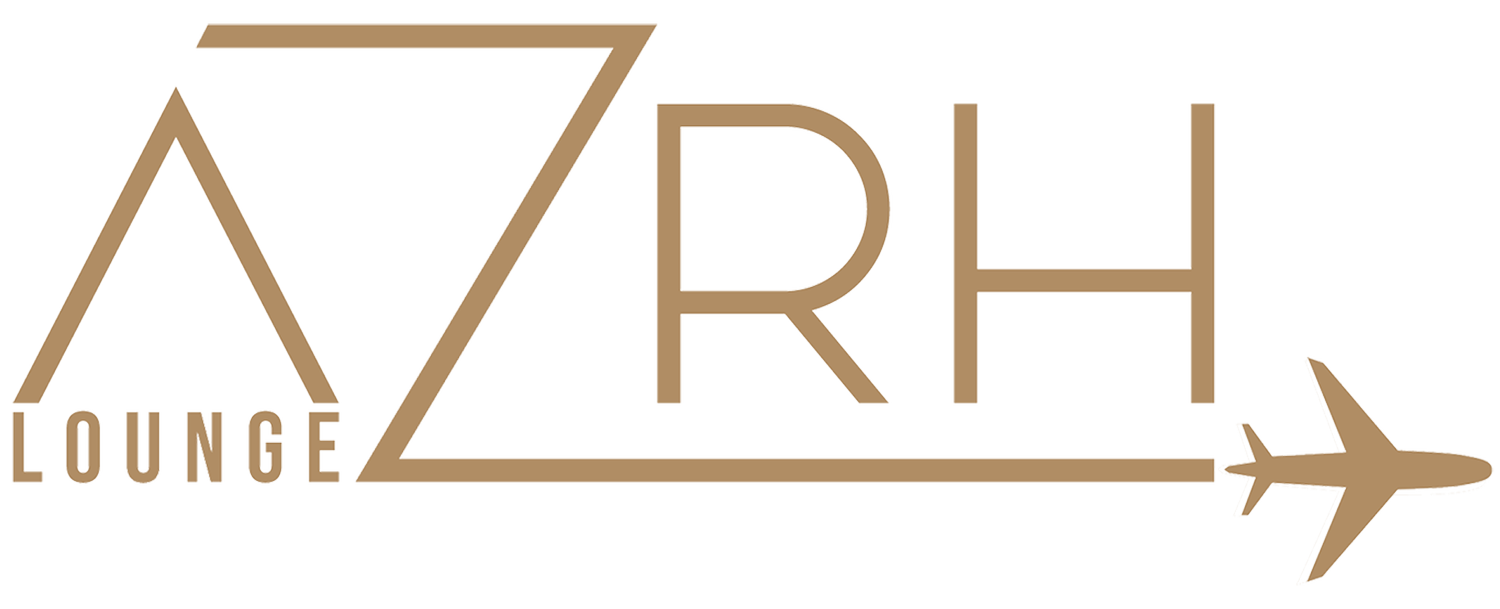Remote Work 101: Essential Strategies for Effective Remote Collaboration
In the ever-evolving landscape of work, remote collaboration has become not just a trend but a necessity. As more companies embrace remote work policies, mastering effective collaboration techniques has become crucial for maintaining productivity and fostering a sense of teamwork among remote teams. In this guide, we'll delve into the essential strategies for successful remote collaboration and how you can leverage them to enhance your team's efficiency and cohesion.
Embrace Communication Tools
One of the cornerstones of remote collaboration is effective communication. Without the luxury of face-to-face interaction, teams rely heavily on communication tools to stay connected and informed. Platforms like Slack, Microsoft Teams, and Zoom have become indispensable for remote teams, enabling instant messaging, video conferencing, and file sharing. By leveraging these tools effectively, teams can ensure that communication flows seamlessly, regardless of geographical barriers.
Establish Clear Expectations
Clear communication extends beyond the choice of tools—it also involves setting clear expectations. Remote team members should have a thorough understanding of their roles, responsibilities, and deadlines. By establishing clear expectations from the outset, teams can minimize misunderstandings and ensure that everyone is on the same page. This clarity fosters accountability and empowers team members to take ownership of their tasks, leading to greater productivity and efficiency.
Cultivate a Culture of Trust
Trust is the foundation of successful remote collaboration. When team members trust each other to deliver quality work and communicate effectively, collaboration becomes effortless. Remote managers should focus on building trust within their teams by encouraging open communication, recognizing achievements, and fostering a supportive work environment. By cultivating a culture of trust, teams can collaborate more effectively and achieve better results, even when working from different locations.
Promote Regular Check-Ins
In a remote work setting, it's easy for team members to feel isolated or disconnected. Regular check-ins can help bridge this gap by providing opportunities for team members to touch base, discuss progress, and address any challenges they may be facing. Whether it's a daily stand-up meeting or a weekly video conference, regular check-ins keep everyone aligned and engaged. Additionally, these meetings provide a forum for brainstorming ideas, sharing updates, and soliciting feedback, fostering collaboration and innovation within the team.
Embrace Hybrid Collaboration
While remote work offers flexibility and autonomy, there are times when face-to-face interaction is invaluable. That's where hybrid collaboration comes into play. By combining remote work with occasional in-person meetings, teams can enjoy the best of both worlds. AZRH Lounge offers a unique opportunity for teams to come together in a comfortable and inspiring environment. With state-of-the-art facilities and a dedicated team to assist with logistics, AZRH Lounge provides the perfect setting for productive team meetings and collaborative sessions. Whether you're brainstorming ideas, planning a project, or simply catching up with colleagues, AZRH Lounge offers the ideal space to collaborate and connect.
Conclusion
Effective remote collaboration is essential for the success of modern teams. By embracing communication tools, establishing clear expectations, cultivating a culture of trust, promoting regular check-ins, and embracing hybrid collaboration, teams can overcome the challenges of remote work and achieve their goals. And with AZRH Lounge providing the perfect setting for in-person collaboration, teams can enjoy the benefits of remote work while still fostering meaningful connections with their colleagues. By implementing these essential strategies, remote teams can thrive in today's dynamic work environment.

